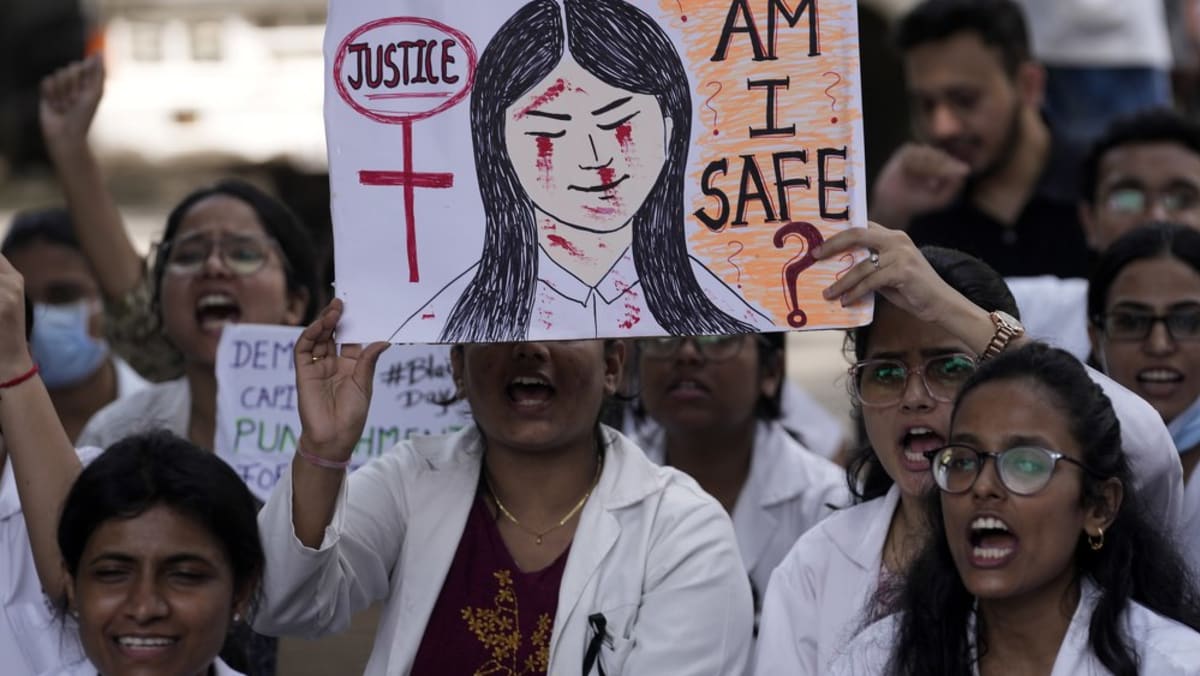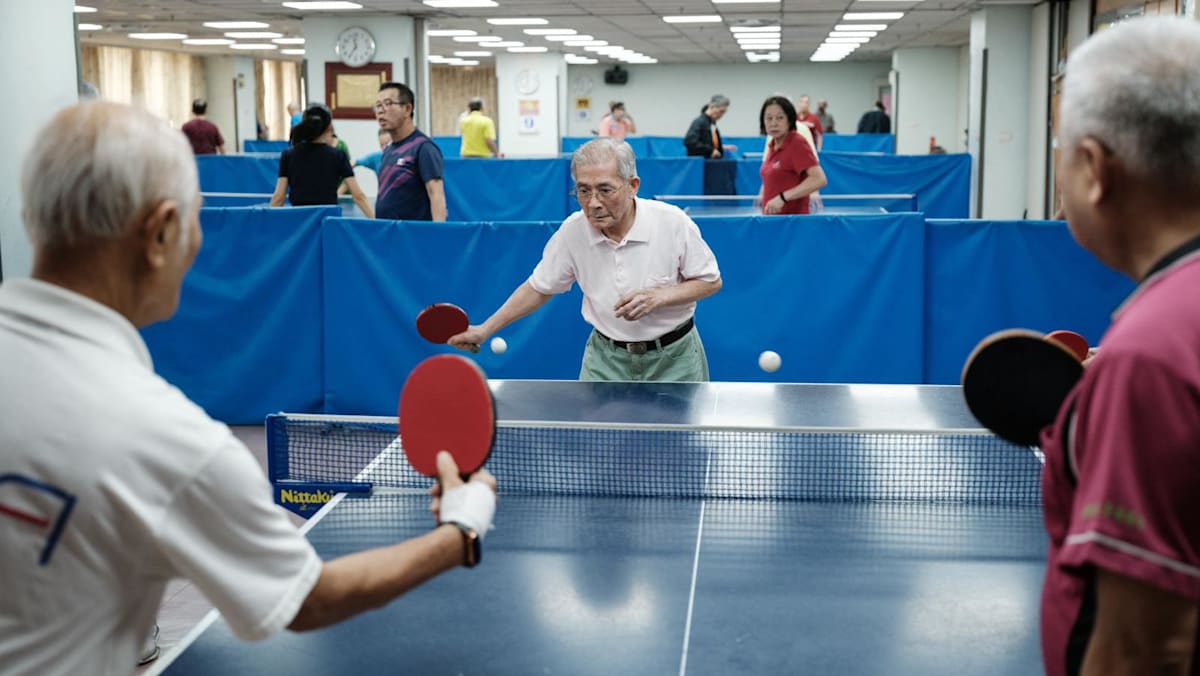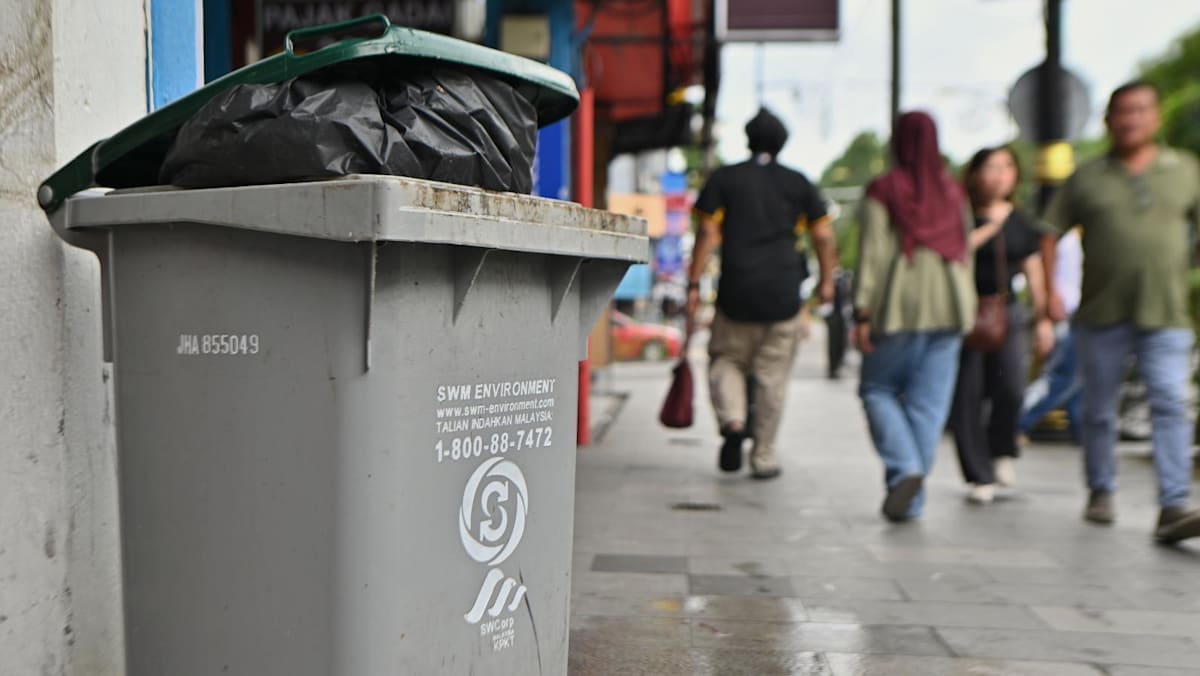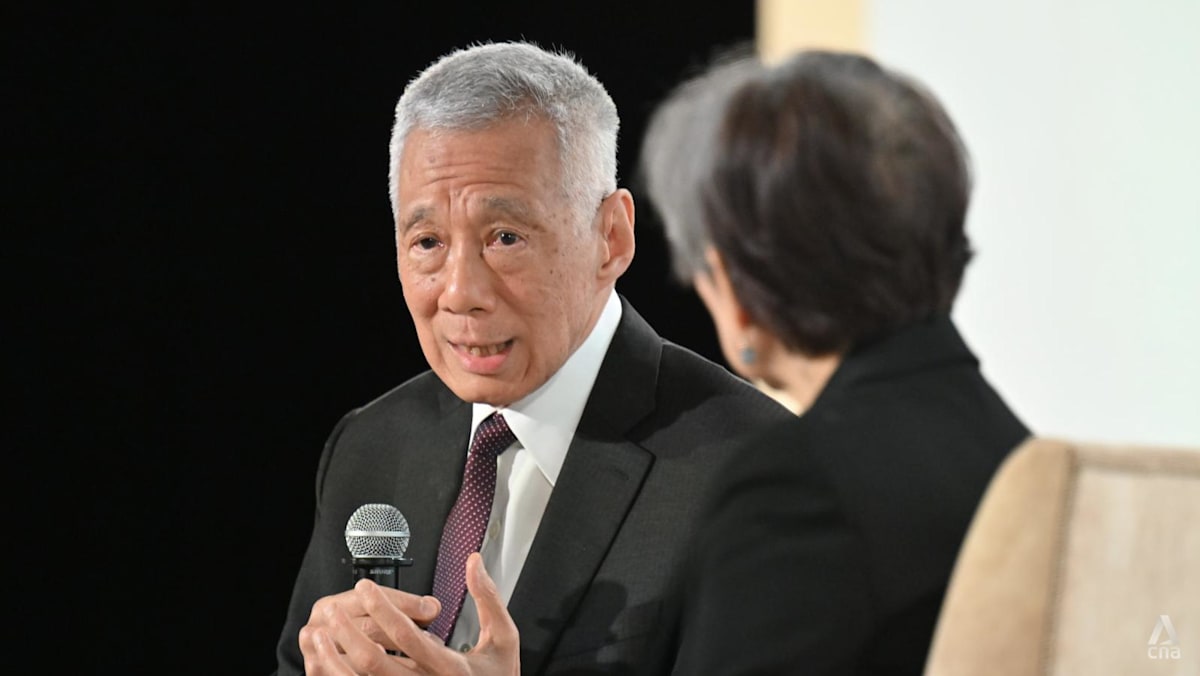CNA Explains: Why India’s doctors are protesting systemic violence after rape and murder of colleague

She added that the entire process, from investigation to prosecution, is mired by prejudices and bias, leading to victim blaming, discrimination, and a lack of accountability by law enforcement.
“Even today, women walking into a police station are not assured that their complaints will be registered. Very often, that is determined by their socio-economic status, as well as the profile of the perpetrator,” Grover said.
“We are a society that unfortunately is hierarchical in nature, not just on grounds of class, but also of caste, which is a deeply entrenched discriminatory attitude.”
Analysts said that while harsher penalties may still instil fear of consequences, the only permanent solution to drastically reduce gender-based violence is to demolish patriarchal thinking and adopt a mindset that women are equal to men.
“Higher incarceration is not an effective deterrent because rape is not simply just a legal issue. It is a systemic societal issue,” said Rashmi Venkatesan, an assistant professor at the National Law School of India University.
“Rape is really about patriarchal violence and oppression. Without addressing those issues, the law is insufficient.”
What are advocates hoping for?
They want an overhaul of the system, not just a safer environment for medical professionals, but for all women in the country.
Aditi Chawla, vice president of the Resident Doctors’ Association at New Delhi’s Vardhman Mahavir Medical College, said education at home is fundamental.
“Men have to understand they cannot do something like this, not even to have that thought in their minds. Tell our children what’s right and what’s wrong. It all begins from awareness and upbringing,” she said.
Source: CNA















